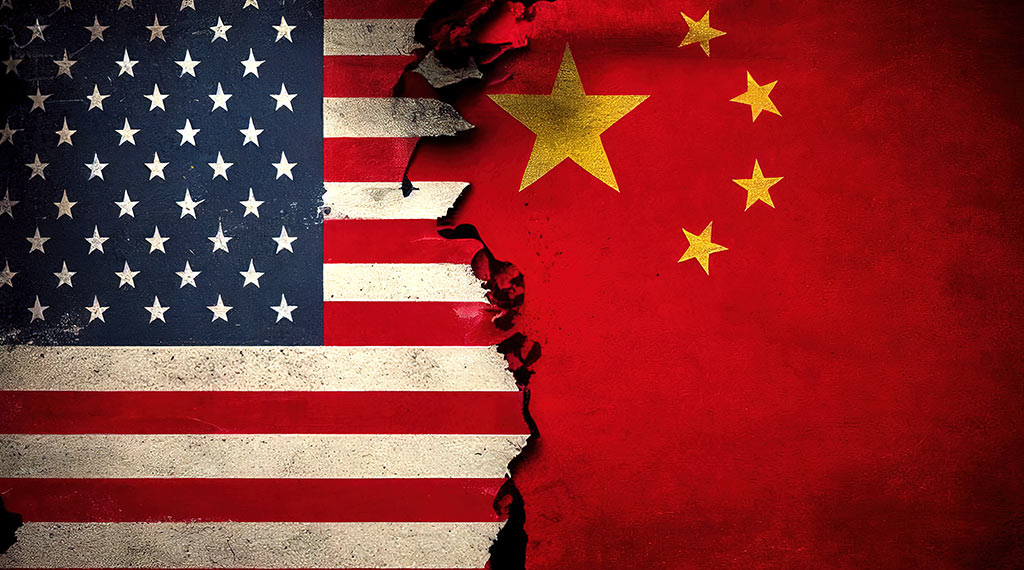The Iowa Senate moves toward China divestment

The U.S. economy’s overwhelming dependence on China has been a topic of growing concern since the COVID-19 pandemic killed millions around the world, disrupted life, and blindsided US supply chains. Increasingly, American citizens are asking their leaders to find ways to “decouple” from China and reestablish American economic independence.
The Iowa State Senate has taken a step toward significant and necessary decoupling from China by overwhelmingly passing legislation with bipartisan support. Iowa State Senate’s legislation, sponsored by Senator Dennis Guth, prohibits its state pension systems from investing in targeted, publicly traded companies, including Chinese companies owned or controlled by the Chinese military or government services.
While the federal government maintains lists of Chinese government-controlled firms which American citizens are prohibited from doing business with, many of these companies are still publicly traded on Western stock exchanges and in portfolios held by some of America’s largest public pension funds.
By closing that loophole, Iowans are setting a precedent for the rest of the country.
Why should Chinese companies—all of which are irrevocably tied to the Chinese government, the People’s Liberation Army (PLA) or the Chinese Communist Party (CCP)—have access to US capital markets? Decoupling from China will take time and effort. That effort is essential though and a big part of that will mean stopping the corporate life support that we have been providing Communist China with for nearly a generation.
China is not merely a “competitor,” they are an enemy in an economic, technological, and cultural war—a Cold War in which Chinese corporations are on the front lines as active participants. Chinese companies use espionage, intellectual property theft, cyber-attacks, fraud and other methods to economically damage America on behalf of the CCP. We can no longer turn a blind eye to China’s rogue activities and threats.
Many in America wish to ignore this reality. The Biden administration remains recalcitrant regarding all things China, preferring business as usual to safeguarding U.S. national security. While Republican presidential candidates have promised to be harder on China –with former President Trump recently proposing a 4-year plan to curtail trade– a possible administration change remains years away.
In the meantime, it will be up to state legislatures to take action to defend their citizens, including thousands of public employees and their pensions, from the risks of hostile Chinese economic warfare.
Thankfully, the action taken by the Iowa state senate indicates that at least some Americans have woken up and are willing to take a stand against the Chinese threat. It is now time for the Iowa House of Representatives to follow suit and then for every other state in the Union to take similar, or even stronger, action in the months and years ahead.
